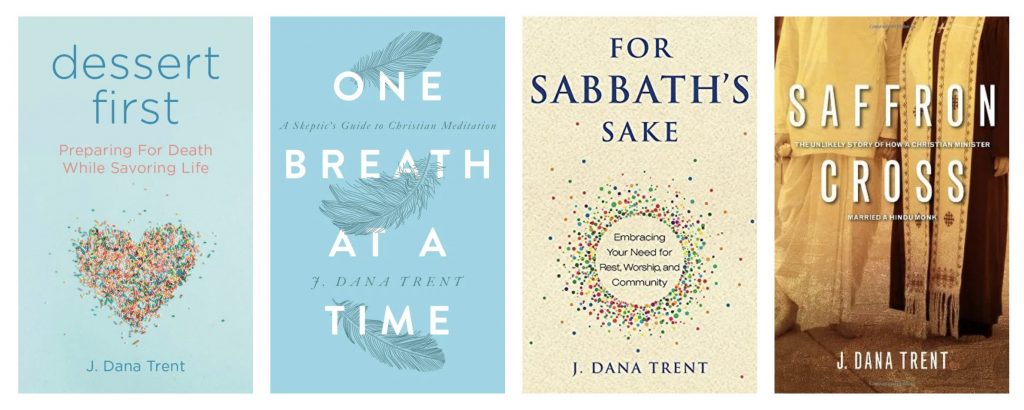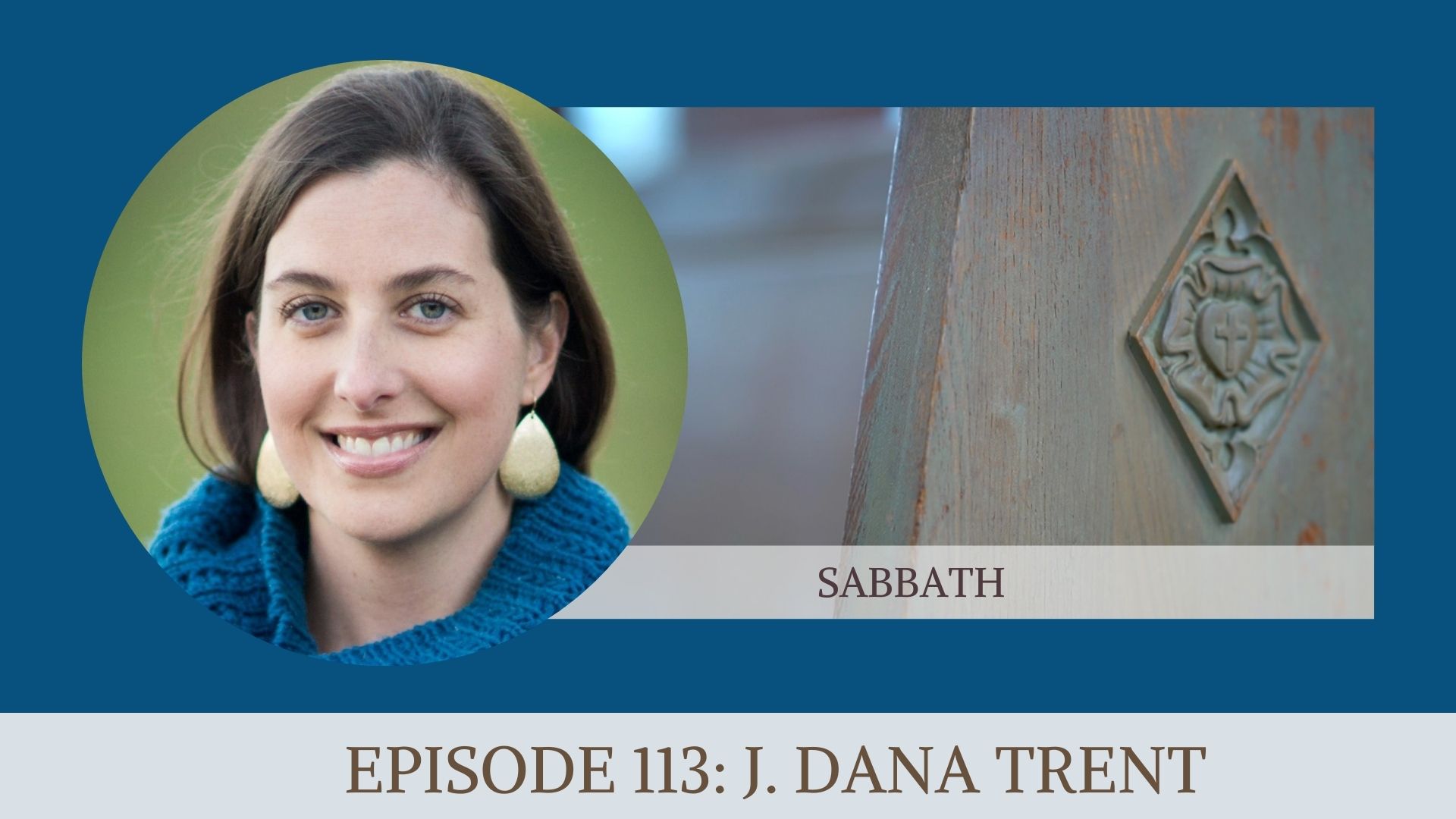Just returning from the beach. Time away at a place that nourishes my soul. Walking by the sea always reminds me of my size and place in a very large world. And it also puts me in touch with sacredness interlaced in all of creation.
I am feeling deeply grateful for a Sabbath rest. It comes after a long season filled to overflowing with writing and publishing a book, teaching fully online, and cultivating relationships with pastoral imagination in a time of isolation.
Fifteen months of pandemic parenting . . . pedagogy . . . pastoral care . . . praying. . .
All through a season of…
- straining relational connections
- feeling deep and unsettling uncertainty
- urging students and ministers to continue listening to the Spirit’s calling
- mourning much violence and death, each new headline poking holes in a tenuous human existence
- seeking to uplift voices which have been crying in the wilderness for our attention for decades, even centuries
- joining protests in support of Black lives and lgbtiqa+ lives and against the laws and ideologies which keep reproducing harm
- deconstructing my own white supremacist values, practices and privileges
Thus, I mourn for the ways that Sabbath is largely reserved for privileged people.
And I pray for a time and place when deep rest is possible for every soul. I’m seeking ways to work — and practice rest — so that may become a reality. Sabbath draws attention to the ways I overwork and the ways society rewards overwork.
And Sabbath also draws attention to our collective need for more sustainable practices of worship, rest, and mutual care. Sabbath shines a light on the need for more dreaming and more joy.
Sabbath
What is happening with your practice of sabbath rest these days?
Watch this week’s featured video to learn what one pastor did to expand his practice of Sabbath one summer.
3MMM | Episode 23: Sabbath from Eileen Campbell-Reed on Vimeo.
More on Sabbath: video | blog | podcast
Learning in Practice with Dana Trent
 I first met Dana Trent at Lake Junaluska in 2014. She was one of the featured authors at Soul Feast a summer camp for families sponsored by The Upper Room. In fact, one of my earliest Instagram pictures was with Dana and her husband Fred Eaker at the author signing table. Dana’s book Saffron Cross: The Unlikely Story of How a Christian Minister Married a Hindu Monk was newly out. Please do go over to instagram and like this post! Way back in 2014 I had no followers yet. (It was literally my first week on Insta!) In the last seven years I’ve watched Dana grow as a writer, minister, and teacher. What fun!
I first met Dana Trent at Lake Junaluska in 2014. She was one of the featured authors at Soul Feast a summer camp for families sponsored by The Upper Room. In fact, one of my earliest Instagram pictures was with Dana and her husband Fred Eaker at the author signing table. Dana’s book Saffron Cross: The Unlikely Story of How a Christian Minister Married a Hindu Monk was newly out. Please do go over to instagram and like this post! Way back in 2014 I had no followers yet. (It was literally my first week on Insta!) In the last seven years I’ve watched Dana grow as a writer, minister, and teacher. What fun!
J. Dana Trent is a graduate of Duke Divinity School and professor of World Religions and Critical Thinking at Wake Tech Community College. She is also an ordained Baptist minister and former hospital chaplain. And her writing is published on Time.com, and in Religion News Service, Sojourners, Religion Dispatches, and The Christian Century. We are delighted to feature her as our author of the week!
What is one question that you live by?
JDT: Who needs love in this moment?
What is one question with which you struggle?
JDT: Am I doing enough?
Why did you write Saffron Cross? Why did you write Dessert First? What is important to note about your “why” and how it evolves?
JDT: Anne Lamott famously says we must write the book we need to read. All four of my books (Saffron Cross, For Sabbath’s Sake, One Breath at a Time, and Dessert First) were birthed out of urgent needs: navigating a Christian-Hindu marriage; unplugged in order to rest, worship, and being in community; deepening contemplative practices, and making-meaning of the death and grief. Each book addressed a pain point in my life while subsequently finding helpful ways to cope that readers may find useful, too.
How have your practices of ministry teaching, and writing changed over time?
JDT: My ordination took place 19 years ago this November. In nearly two decades of service, my personal calling has evolved from the local church to “extension” ministry. That is to say, my vocation extends beyond one sanctuary. My ministry lives and breathes in chaplaincy, classrooms, books, and serving churches, conferences, and organizations through speaking and preaching. And what a gift this is!
As the landscape of Christianity shifts, my fellow ministers are invited into this “extension,” finding the gifts and strengths of change, rather than its scarcity. How does the new shape of church foster community, devotion, service, creativity and spiritual practice beyond the bricks and mortar programming we’ve known? How do the familiar bricks and mortar programming become a space to facilitate and accommodate an exciting, shifting practice of ministry? I am fortunate to live in this space of both/and.
What has Sabbath meant for you over the past year?
JDT: For me, COVID-era sabbath has been a journey of internal practice. Work schedule shifts, stay-at-home orders, and the removal of in-person gathering and worship options nudged me into a quieter, solitary place. While I participated in online sabbath worship services from North Carolina to California, I found myself embracing sabbath as an opportunity to turn inward to deepen my relationship with God through silence, meditation, and prayer. In many ways, the pandemic stripped away the noise and busyness–even at church–and offered us a new lens for shaping sabbath through self-examination.
What can you share about your new podcast and why you are developing it now?
JDT: Breaking Good: Surviving and Finding Myself in Flyover Country is releasing this summer, thanks to the generosity of a Louisville Institute’s Pastoral Study Grant. Breaking Good begins with a close-up of my early Indiana upbringing. As a child, I was a look-out for my mentally-ill parents’ drug trafficking ring. From that point in time, we zoom out to understand how my nuclear family’s fervent Christianity, which stood in contradiction to their illicit occupation, impacted me and our business. Finally, we explore societal threads of rural poverty, lack of access to resources, and how the Church plays a pivotal role in collaborating with communities to faithfully respond to poverty, mental illness, and addiction in COVID-era rural America.
++++++++
 “Sabbath” is a chapter is my new book Pastoral Imagination: Bringing the Practice of Ministry to Life.
“Sabbath” is a chapter is my new book Pastoral Imagination: Bringing the Practice of Ministry to Life.
Do you have your copy yet? Check out the bundles and NEW e-bundles at the 3MMM Shop. Above all, may you find imagination, hope and grace in the week ahead.




